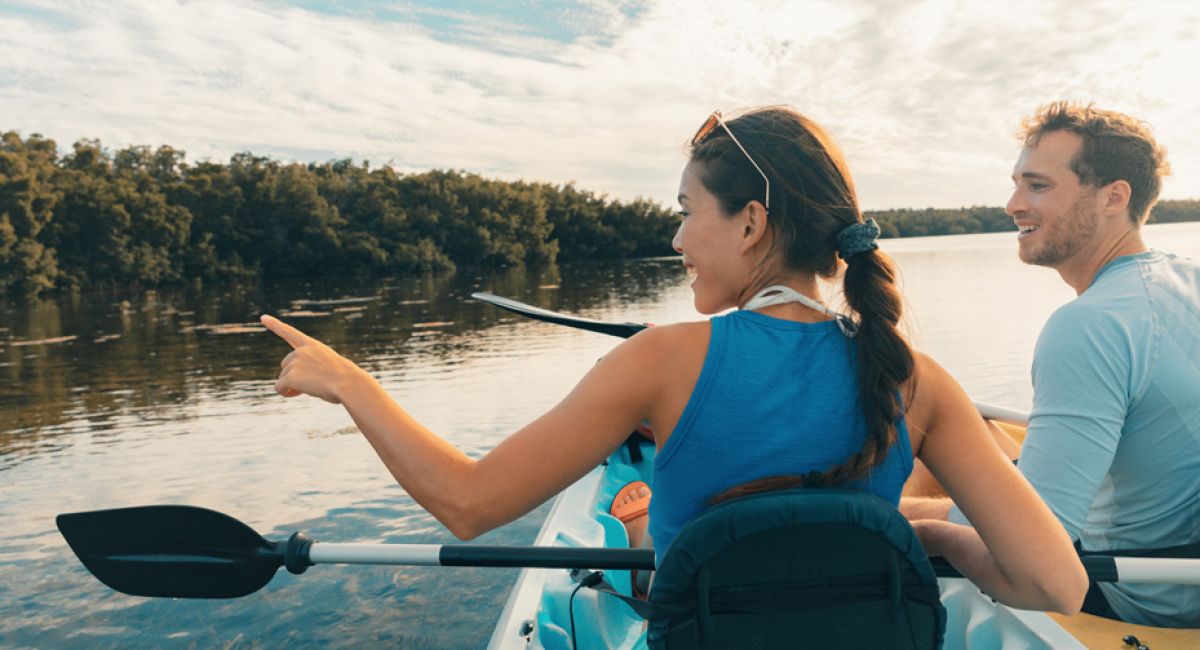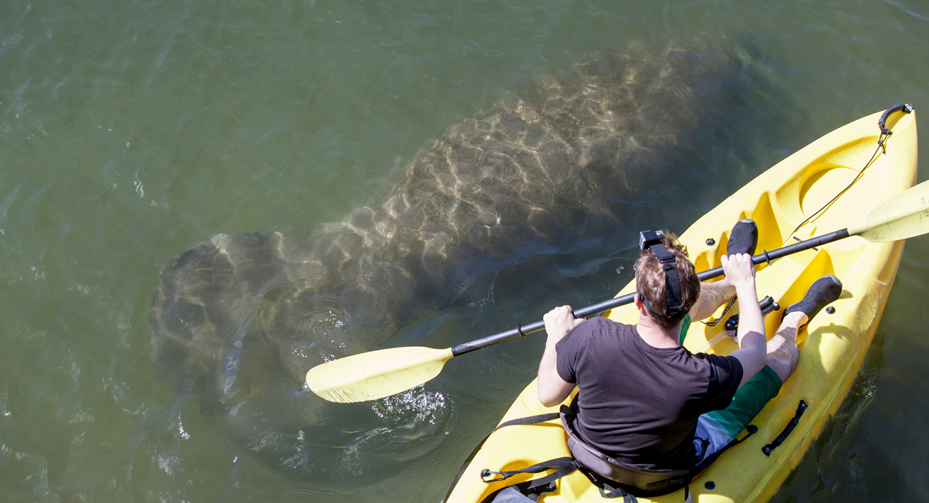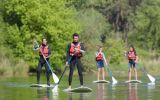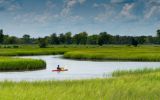
Eco-Friendly Kayaking in Charleston: How to Preserve the Environment
Charleston, South Carolina, is renowned for its breathtaking natural beauty. From the serene waterways to the lush marshlands and diverse wildlife, this coastal city offers a paradise for nature enthusiasts. As lovers of the outdoors, it's our responsibility to ensure we preserve this pristine environment for generations to come. One of the most eco-friendly ways to explore Charleston's natural wonders is through kayaking. Today we'll delve into responsible kayaking practices and ways to protect Charleston's beautiful environment while enjoying an unforgettable adventure. Whether you're a seasoned kayaker or a newbie, these tips will help you make a positive impact on the ecosystem while you paddle through the Lowcountry.
Choose Nature Adventures for Your Eco-Friendly Adventure
Before we dive into eco-friendly kayaking practices, it's essential to start your adventure with the right equipment. When looking for kayak rentals in Charleston, we recommend choosing Nature Adventures. Our commitment to sustainability and eco-friendly practices makes them an ideal choice for nature enthusiasts. Our kayaks are designed with the environment in mind, ensuring a minimal impact on the waterways. Plus, our experienced guides will provide valuable insights into responsible kayaking throughout your journey.
1. Paddle Quietly and Respectfully
One of the joys of kayaking in Charleston is the opportunity to get up close to wildlife in their natural habitat. To ensure minimal disruption, paddle quietly and avoid making loud noises. Wildlife, especially birds, can be easily frightened by loud sounds, which can cause them stress and disrupt their nesting or feeding. By maintaining a tranquil presence, you can observe and enjoy the native animals without causing harm.
2. Practice Leave No Trace
The Leave No Trace principle is a fundamental guideline for all outdoor enthusiasts. When kayaking in Charleston, it's crucial to follow these principles:
- Pack it in, pack it out: Bring all your trash, including plastic bottles, food wrappers, and other waste, back with you. Dispose of it responsibly when you return to shore.
- Stay on designated waterways: Avoid disturbing fragile marshlands and habitats. Stick to designated routes and avoid dragging or grounding your kayak on sensitive areas.
- Minimize campfire impact: If you're planning a kayaking and camping trip, be sure to follow fire regulations and use established fire rings when available. Otherwise, consider using a portable camp stove.
3. Respect Wildlife and Their Habitat
As you paddle through Charleston's waterways, you'll likely encounter a wide variety of wildlife, from dolphins and manatees to herons and turtles. It's essential to maintain a respectful distance from these creatures and refrain from feeding them. Feeding wildlife can disrupt their natural behavior and diet, potentially harming their health. Observe and appreciate from afar, allowing them to carry on with their daily activities undisturbed.

4. Use Eco-Friendly Sunscreen
Protecting your skin from the sun is crucial while kayaking, but traditional sunscreens can contain harmful chemicals that can wash off into the water and harm aquatic life. Consider using eco-friendly, biodegradable sunscreen to minimize your impact on the environment. These sunscreens provide effective protection for you without causing harm to Charleston's delicate ecosystems.
5. Support Conservation Efforts
Charleston is home to various organizations dedicated to preserving its natural beauty. Consider supporting and volunteering with local environmental and conservation groups. Your involvement can make a significant difference in protecting the city's waterways and wildlife.
For more information on Charleston's wildlife and eco-friendly initiatives, consider visiting the following websites as you explore this beautiful city:
- Charleston Wildlife Federation: Learn about local wildlife conservation efforts and how you can get involved.
- Coastal Conservation League: Explore initiatives aimed at protecting the South Carolina coast and its natural resources.
Let’s go Kayak!















